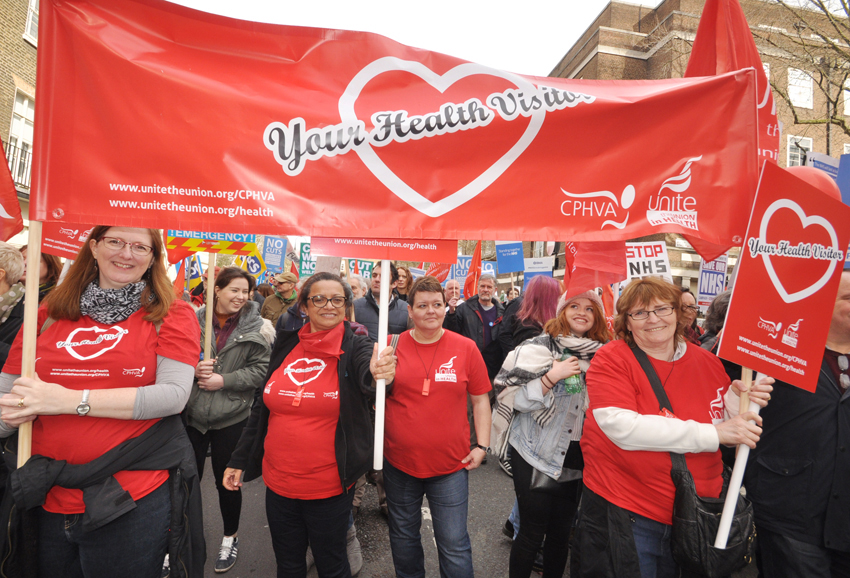DOCTORS are calling for an extra £10.3bn to be put in to the NHS, ahead of Tory Chancellor Philip Hammond’s budget tomorrow.
This, doctor’s union the BMA warns, is essential as ‘an entire system is under such strain’ that ‘services are truly at breaking point.’
BMA council chair Mark Porter has written to Hammond, calling for UK spending on health, 9.8 per cent of GDP, to match the average for Europe’s ten leading economies, which is 10.4 per cent.
Porter says that half the money could be used, for example, to pay for 35,000 more hospital beds. £3bn of this funding could cover the training of another 10,000 GPs and their staff and pay for their premises costs.
Dr Porter writes: ‘The crisis facing the NHS and social care is well known and becoming increasingly severe – the government cannot remain a bystander any longer. An entire system under such strain is not due to frontline financial mismanagement, or individual chief executives’ poor decision making, it is due to the conscious underinvestment in our health service.
‘Our members report that services are truly at breaking point, with unprecedented rising patient demand met only with financial restraint and directives for the NHS and social care to make huge, unachievable savings through sustainability and transformation plans across England. We are not calling for more than other comparable nations, we are simply calling for you to match the average spending of other leading European economies.’
Meanwhile the complex children’s heart surgery unit at the Royal Brompton in London is threatened with closure. The chief operating officer at Royal Brompton, Robert Craig, has underlined the clinical arguments against the closure. Craig said: ‘Yes it’s an emotional, almost visceral thing for people who work here.
‘This isn’t just an emotional issue. It’s a logical, clinical question too. Why seek to fragment the biggest centre in the country? There is an argument being made that small, specialist hospitals are outdated. The argument I always make is that there used to be a hospital specifically for skin diseases, which got taken over by St Thomas’s and became a dermatology ward.
‘And we don’t yet have a cure for psoriasis. I’m not saying that’s cause and effect, but I don’t know if something might have been different if we still had a specialist skin hospital.
‘Because you lose the focus that clinicians can identify.
‘Our services are different to the cardiac wards at Hammersmith or or St George’s hospital. Their services, as judged by mortality data, are safe . . . But that is a different argument from saying do we think in the future we could do better when children are born with a complex cardiac disease where treatment previously would not have been thought feasible?’
